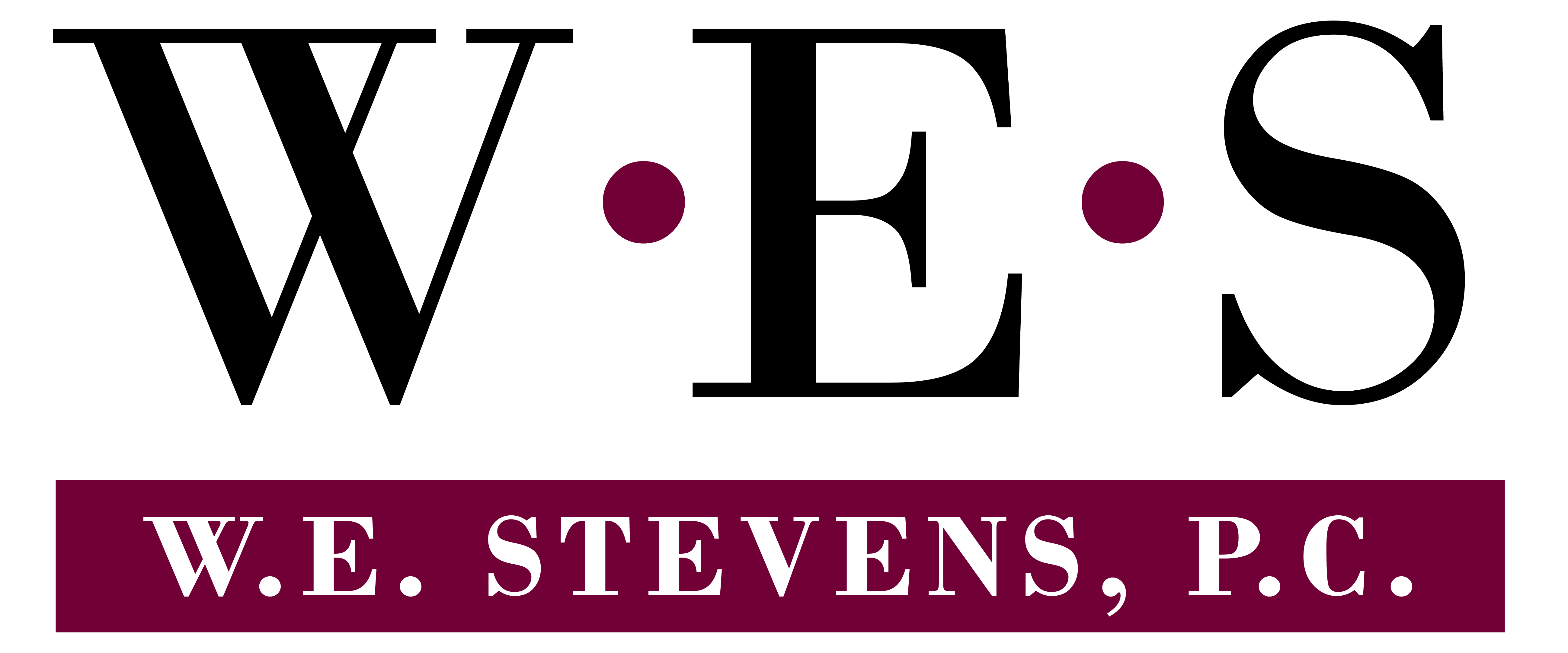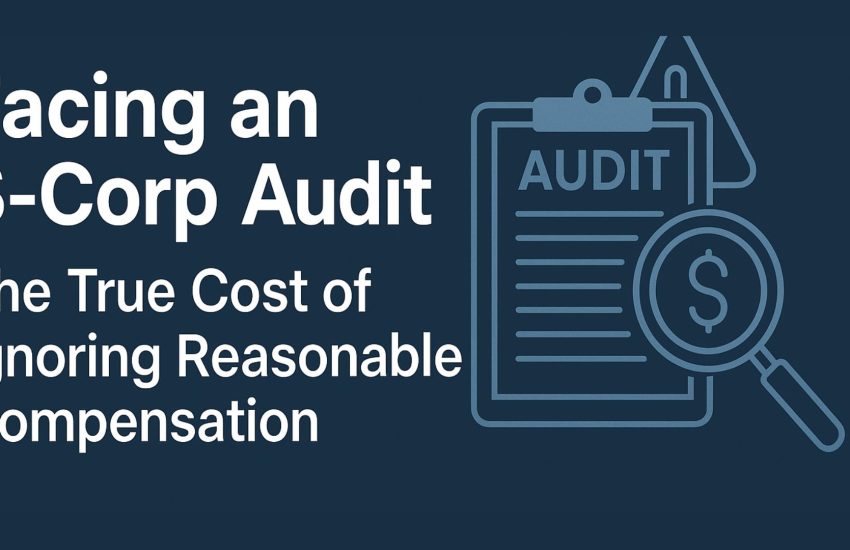Should You Buy or Lease Your Company Car?
Buying a vehicle is a way to potentially receive a large tax deduction, but is it always the best thing to do? What about buying versus leasing? The tax code treats vehicles differently from other types of assets and business expenses, so it helps to make sure you’re informed when thinking about using your vehicle to reduce your tax liability.
So how do you decide if buying or leasing is the right choice for you? It truly depends on your circumstances. Ask yourself the following questions.
Question #1: How many miles do you anticipate putting on the vehicle?
Most leases typically come with an allowance of 12,000 miles per year. This means that when you return the car, it must be at that or under or you could face extra charges.
Question #2: How much money do you have for a down payment?
Typically, you will have to put less money down when leasing a vehicle. If you are financing, you should put a larger down payment towards your vehicle, to lower your monthly payments.
Question #3: How will you use the vehicle?
When using a leased vehicle for business purposes, a leasing company may dictate when and how you use a leased vehicle. You should also make sure that you can use your leased vehicle for business.
Vehicle Leasing: Pros and Cons
Pros:
Monthly lease payments are tax-deductible as a business expense.
Regular maintenance is covered as part of some leases.
You return the vehicle at the end of the lease, with no worries about selling or otherwise disposing of the asset.
Generally, leases have slightly lower payments than financing an outright purchase.
Cons:
Most leases limit driving mileage to 12,000 to 15,000 miles a year. If you’ve gone over that at the end of your lease, you could be charged an additional 15 to 25 cents per mile.
Leased vehicles generally can’t be customized so, you get what you get.
There may be additional charges incurred for things like early termination of the lease and excessive wear and tear attributed to careless driving habits or improper maintenance.
Vehicle Buying: Pros and Cons
Pros:
You can sell the vehicle and recover some of your original investment. You can drive it as much as you want without worrying about exceeding mileage limitations.
It’s your vehicle, you can add whatever options or custom paint jobs you want.
The cost of the vehicle is a depreciable business expense. Also, certain hybrid and electric vehicles may be eligible for a tax break.
Cons:
Even if you finance, monthly payments are frequently higher than with leasing.
While many new cars provide “free” service for the first few years or certain number of miles, beyond that you bear these expenses.
When it’s time to phase out older vehicles, you take on the hassle of selling, trading in, or otherwise disposing of the asset.
As you can see, the decision of buying versus leasing is complicated. As always with taxes, the answer as far as which option is best is, “it depends”.
Need help weighing your options? Give our office a call at (402) 932-8815.
Sincerely,
W.E. Stevens PC



